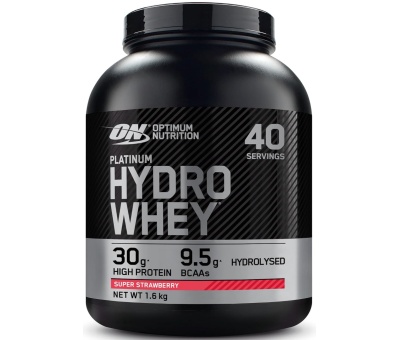- Cardiovascular Health
- Supports Healthy Homocysteine Metabolism
- Important for Nervous System Function
- Non-GMO
- A Dietary Supplement
- Vegetarian/Vegan
- Kosher
- Vitamins
- Family Owned Since 1968
- GMP Quality Assured
Vitamin B-6 is a cofactor in numerous enzymatic reactions and is required for the metabolism of fats, carbohydrates, and proteins. It facilitates the conversion of amino acids from one to another as needed, and is necessary for normal synthesis of hemoglobin, as well as for normal function and production of red blood cells. B-6 plays an important role in regulating homocysteine metabolism in the body. Homocysteine, a by-product of the methionine cycle, is known to be destructive to bodily tissues, especially vascular structures. B-6 is also critical for the maintenance of a healthy nervous system.
Suggested use
Take 1 capsule daily with a meal.
| Supplement facts |
| Serving Size: 1 Veg Capsule |
| |
Amount Per Serving |
%Daily Value |
| Vitamin B-6 (from Pyridoxine HCl) |
100 mg |
5882% |
Other ingredients
Rice flour and hypromellose (cellulose capsule).
Not manufactured with wheat, gluten, soy, milk, egg, fish, shellfish or tree nut ingredients.
Produced in a GMP facility that processes other ingredients containing these allergens.
Warnings
Do not exceed the recommended dose. For adults only. Consult physician if pregnant/nursing, taking medication, or have a medical condition. Keep out of reach of children.
Natural color variation may occur in this product. Store in a cool, dry place after opening.
B6 is a common term for pyridoxine, pyridoxal and pyridoxamine. Vitamin B6 has many important functions in our body, but one of the most important is its support in the prevention of cardiovascular diseases.
Vitamin B6 is needed for:
to ensure normal amino acid metabolism (including cleavage and utilization of proteins),
to ensure the metabolism of carbohydrates, fats,
formation of many bioactive compounds (eg serotonin) in the body,
for the process of erythrocyte depletion
for the normal functioning of the central nervous system,
For complete absorption of vitamin B12 and magnesium,
for the production of hydrochloric acid
As vitamin B6 is involved in protein metabolism, its need increases with increasing protein intake, eg in athletes. Dietary vitamin B6 deficiency is rare and is usually combined with a deficiency of other B vitamins. Clinical symptoms in infants and children include epileptic seizures, weight loss, gastrointestinal problems, and microcytic anemia.

